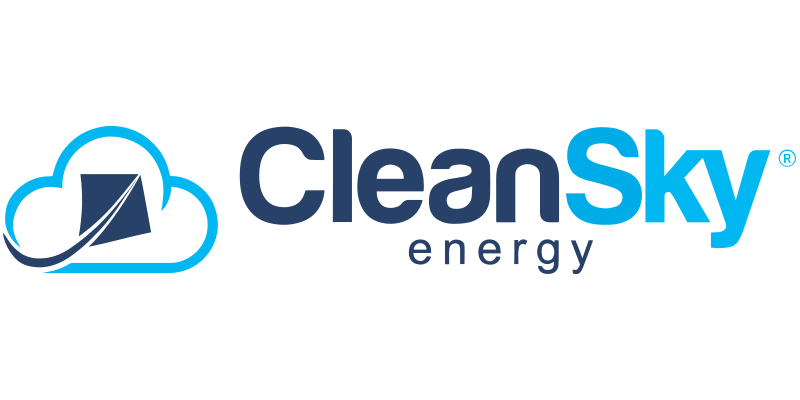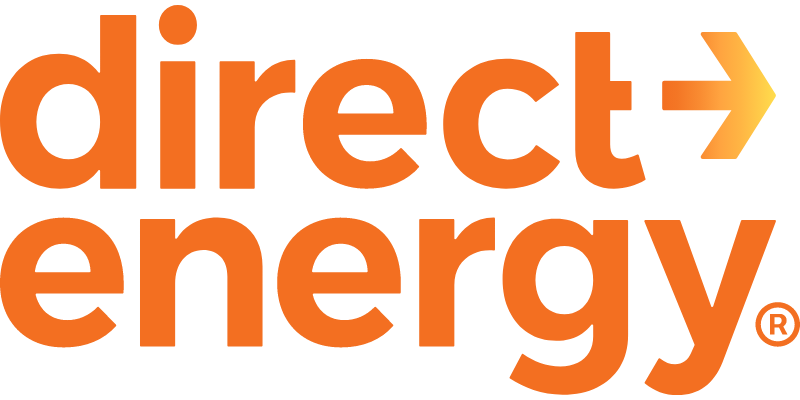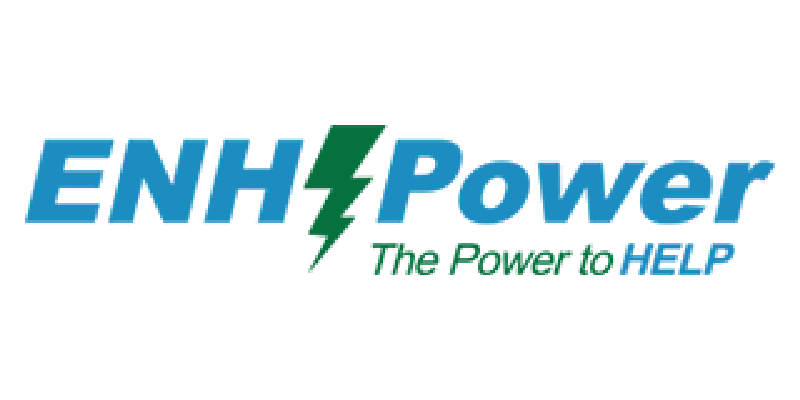Compare the Best New Hampshire Electricity Rates
Find the lowest electricity rates in New Hampshire.
Enter Your ZIP Code to Get Started
Rated 5/5
Based on over 41,000 reviews
20+
Years of Experience
40%
Save up to 40%
100+
Electricity Providers
Recommended Electricity Plans
Energy Companies in New Hampshire
Compare The Best New Hampshire Electricity Rates
We've researched the best providers and plans so you can find a great electricity rate in Texas
| Company | Term | Rate |
|---|---|---|
| Direct Energy | 9/months | 10.5¢/kWh |
| ENH Power | 24/months | 12.6¢/kWh |
| XOOM Energy | 12/months | 12.8¢/kWh |
| CleanSky Energy | 24/months | 15.0¢/kWh |
Market Update: Unitil, Eversource supply rates to increase starting Aug. 1
How to Start Electricity Service in New Hampshire
The first step to getting your power turned on in New Hampshire is to to determine which utility serves your area. New Hampshire has has four main electric distribution companies: Eversource, Liberty, NHEC and Unitil. Eversource and NHEC serve most of the state, Including Manchester, Nashua, Dover, Rochester, Portsmouth, and Derry while Liberty services areas around Salem and UNITILservices Concord. Once you know your utility, visit their website to start service.
- For Eversource customers, go to the Start or Stop Service page and create or log in to your account to request service online.
- Liberty customers can do the same by visiting their Start or Stop Service portal.
- Start NHEC Electricity Service
- And you can set up your Unitil Electricity Service here
You can also shop for electricity supply rates, New Hampshires deregulated energy market allows you to compare New Hampshire electricity suppliers. Choosing a third-party supplier may help you find a better rate than the default utility price.
What is the Price to Beat or Standard Service Offer?
New Hampshire uses a "Standard Service Offer " or SSO. The SSO allows you to compare energy supplier rates against utility company rates. The SSO is based on how much the utility spends on purchasing electricity. New Hampshire utility rate changes twice a year; August 1st and February 1st.
More often than not - the rates charged by Utility companies are higher than those available in the competitive marketplace. It pays to compare, switch and lock in long term savings without the bi annual changes.
| Utility | Price to Beat / Standard Service Offer |
|---|---|
| Eversource | $0.11196 |
| Unitil | $0.11777 |
| Liberty | $0.12420 |
| NHEC | $0.11464 |
How to Switch Electricity Suppliers in New Hampshire
Get a copy of your most recent bill
To Switch Your New Hampshire Electricity Service, you'll need your:
- Your Utility Account Number
- Your Customer Name Key
- Service and Billing Address
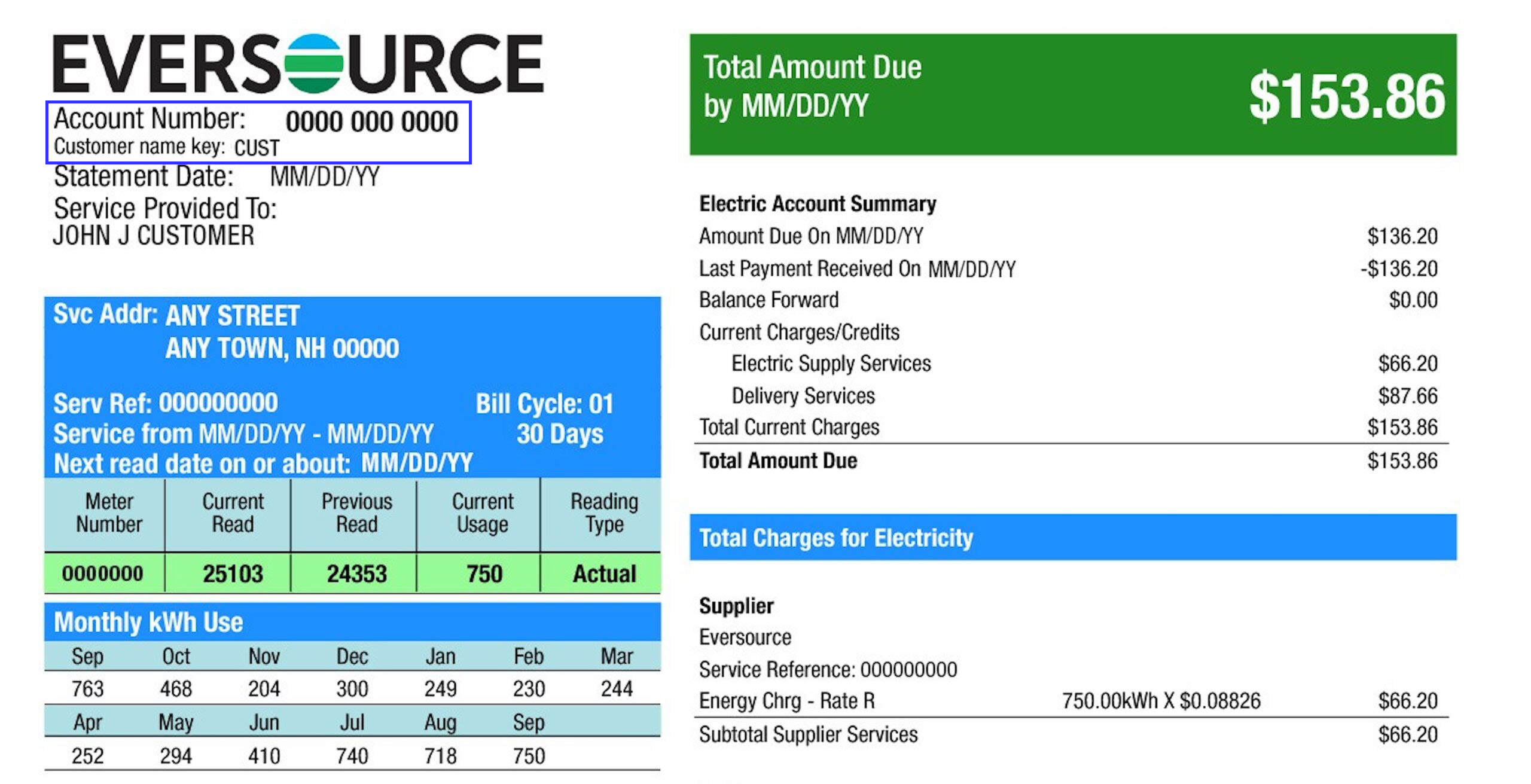
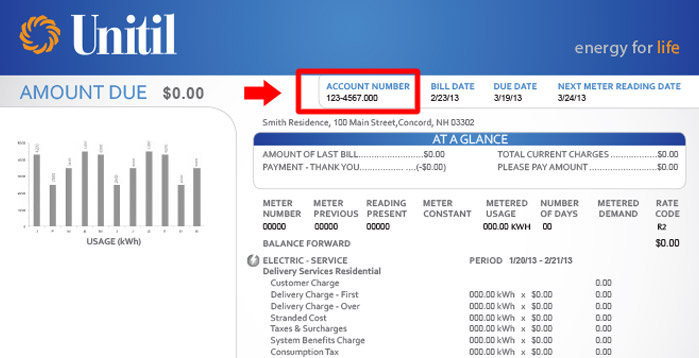
Compare Rates
Enter Your Zip Code and Compare licensed electricity suppliers and rates for your utility (Eversource or UI).
Choose a Plan
Select a plan that fits your needslook at the price per kWh, contract length, fees, and renewable options.
Sign Up
Sign up directly through UtilityRates.com Youll need your electric bill for your account number and service info.
Confirmation
Youll receive a confirmation email. The switch typically takes effect in one or two billing cycles. No service interruption or technician visit is needed.
No Fees
Theres no fee to switch, and you can return to the utilitys standard offer anytime.
Community Solar in New Hampshire
How Community Solar Works
Community solar allows New Hampshire residents and businesses to benefit from solar energy without installing panels on their own properties. Participants subscribe to a local solar project and receive credits on their electric bills based on their share of the energy produced. This model supports renewable energy growth and can lower electricity costs. In New Hampshires deregulated market, community solar offers an alternative to traditional suppliers, giving customers more choice. Projects are supported by state legislation and overseen by the Public Utilities Commission, making clean energy more accessible to renters, homeowners, and small businesses alike.
Electricity Deregulation in New Hampshire
Early Steps Toward Deregulation
New Hampshire began exploring electricity deregulation in the 1990s in response to rising utility costs and a national trend toward energy market competition. The movement aimed to give consumers more choices and lower electricity rates. The pivotal moment came in 1996, when the New Hampshire legislature passed legislation to restructure the state's electric industry, prompting utilities to divest their generation assets and allow independent suppliers to enter the market.
Implementation and Competition
The restructuring process officially began in 1998, led by the Public Utilities Commission (PUC). Utilities like Eversource (then Public Service Company of New Hampshire) were required to separate generation from transmission and distribution. This opened the door for third-party suppliers to offer electricity supply services while the utilities continued delivering power. By the early 2000s, full retail choice was available, although adoption was initially slow due to market uncertainties and rate transition mechanisms.
Utility Company vs. Energy Supplier in New Hampshire
Role of a Utility Company
In New Hampshires deregulated electricity market, the utility company is responsible for the physical delivery of electricity. Utilities like Eversource, Unitil, and Liberty Utilities maintain the power lines, poles, transformers, and meters. They ensure electricity is safely transmitted and distributed to homes and businesses, respond to outages, and handle emergency repairs. Utilities are regulated by the New Hampshire Public Utilities Commission (PUC) and charge delivery fees, which appear as a separate line item on your electric bill.
Role of an Energy Supplier
An energy supplier, also known as a competitive supplier or third-party supplier, sells the actual electricity that you use. In New Hampshires deregulated market, consumers can choose a supplier based on rates, contract length, renewable options, and other factors. Suppliers purchase electricity from generators and sell it to customers, often at rates that differ from the default utility supply rate. If you do not choose a supplier, your utility will automatically provide "default service" supply at a rate approved by the PUC.
Compare Business Electricity Rates in New Hampshire
You have the power to choose your Commercial and Small Business Electricity Rates in New Hampshire. The Utility Rates commercial electricity marketplace is exclusively for business electricity customers looking to start commercial service or compare their existing commercial electricity rates.
New Hampshire business electricity rates are some of the lowest in the US and are 20-30% less than residential rates. So, if you're starting a business in New Hampshire or just want to compare commercial electricity rates and shop the market for a better rate, you could save thousands each year by shopping for a lower rate.
Commercial Electricity Rates in New Hampshire
New Hampshire Electricity Market FAQs
Can I choose my electricity supplier in Connecticut?
Yes. New Hampshire has a deregulated electricity market, meaning you can choose a licensed retail energy supplier for your electricity supply. Your local utility will still deliver the power and maintain the infrastructure.
What happens if I dont choose a supplier?
If you dont select a supplier, youll receive the Standard Service supply from your utility (Eversource or Unitil) at a rate set and approved by the New Hampshire Public Utilities Commission (NH PUC).
Will I get two bills?
No. You'll receive a single monthly bill from your utility company that includes both supply (from your chosen supplier or default service) and delivery charges.
How do I compare supplier offers?
You can compare licensed supplier rates, terms, and contract details on by enetring your zip code above.
Is there a risk in switching suppliers?
Some suppliers offer variable rates or contracts with cancellation fees. Always read the fine print, compare contract terms.
Ready to choose your energy rate?
Enter your ZIP code to explore the best energy plans in your area. Compare energy rates side by side, and choose the one that fits your home and budget.





